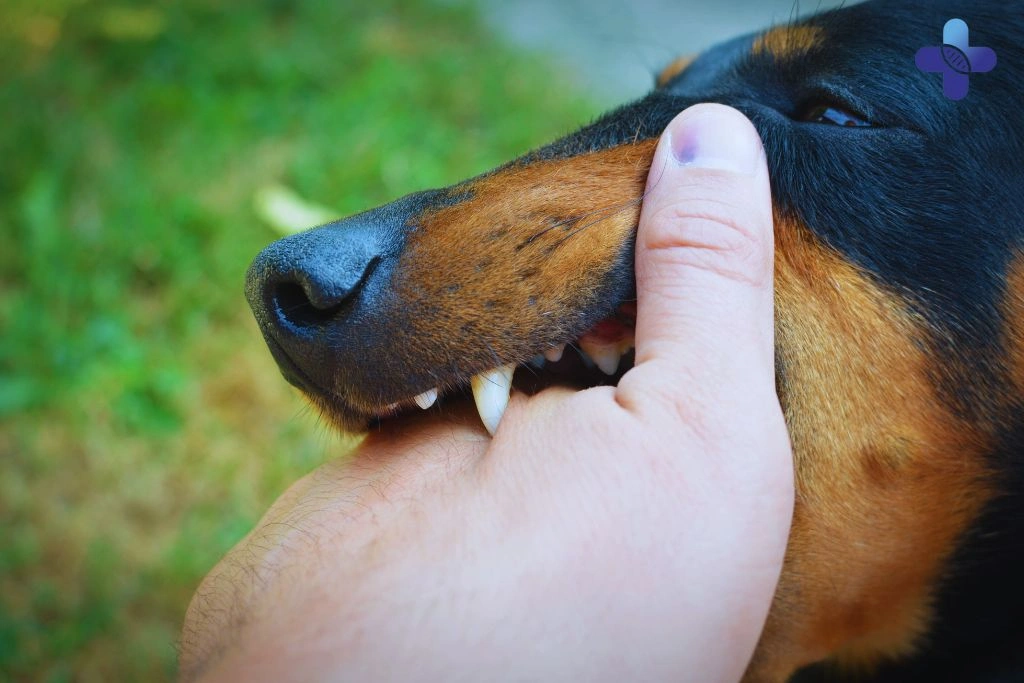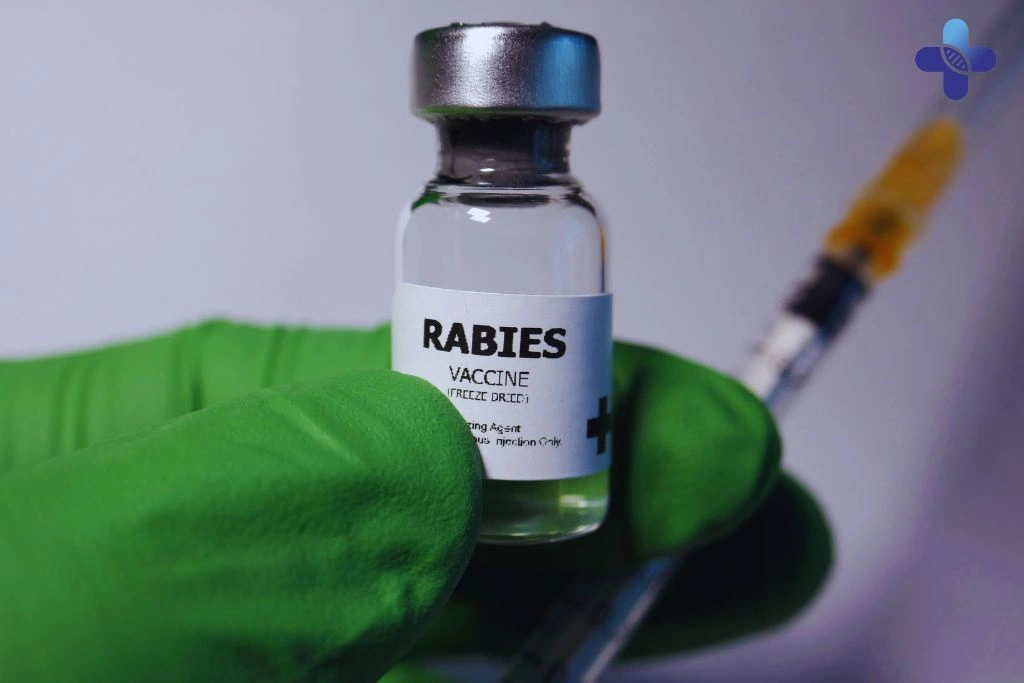Rabies is a fatal viral disease that impacts both humans and animals. As one of the Bali common diseases, rabies presents a significant risk, particularly for travelers who may unknowingly encounter infected animals. Life Everyouth Bali offers essential medical services, including rabies vaccinations and post-exposure treatment, to protect against this deadly disease. Understanding the risks and taking preventive measures can be crucial in ensuring your safety while exploring Bali.

Rabies in Bali: Understanding the Risks, Best Prevention Methods, and Essential Medical Care for Travelers and Residents
Rabies remains a serious health concern in Bali, as the virus is commonly transmitted through bites or scratches from infected animals, particularly stray dogs and monkeys. Without immediate medical attention, rabies is almost always fatal, making prevention and prompt treatment essential. Travelers and residents should take proactive measures such as avoiding contact with stray animals, getting pre-exposure vaccinations, and seeking urgent medical care after any potential exposure. Life Everyouth Bali provides expert rabies vaccination and post-exposure treatment to ensure your safety while exploring the island.
Understanding the Risks of Rabies in Bali
Rabies in Bali remains a serious health concern, particularly for travelers and residents who may come into contact with stray animals. Although efforts have been made to control rabies on the island, cases still occur, making awareness, vaccination, and prompt medical response essential in preventing infection. Life Everyouth Bali emphasizes the importance of understanding the risks and taking preventive measures to stay safe while traveling in Bali.
How Rabies is Transmitted
Bites and Scratches from Infected Animals
Rabies is a viral disease that spreads through bites, scratches, or open wounds exposed to the saliva of infected animals. Once the virus enters the body, it attacks the nervous system, leading to severe and fatal complications if left untreated.
Dogs as the Primary Carriers
Bali, dogs are the primary carriers of rabies, making interactions with stray or unvaccinated dogs a significant risk factor. The Balinese government has taken measures to vaccinate dogs, but not all animals are immunized, leaving travelers at potential risk.
Other Animals That Can Transmit Rabies
While dogs account for most rabies cases, monkeys, cats, and bats can also carry and transmit the virus. Many tourists visiting monkey forests or interacting with street cats may unknowingly expose themselves to a potential rabies risk. At Life Everyouth Bali, we strongly advise avoiding unnecessary contact with stray animals, no matter how friendly they may seem.
Stages of Rabies Infection
Incubation Period
This is the initial phase after a person is bitten or exposed to the rabies virus. During this period, the individual shows no symptoms, and the virus travels from the site of the bite through the peripheral nerves toward the central nervous system. The incubation period can range from a few days to several months, depending on the location and severity of the bite, as well as the individual’s immune response.
Prodromal Stage
In this early symptomatic phase, the person may experience general, flu-like symptoms such as fever, headache, fatigue, and nausea. There may also be tingling, itching, or pain at the bite site. This stage usually lasts 2–10 days and signals that the virus is beginning to affect the nervous system.
Acute Neurological Phase
As the infection progresses, neurological symptoms become prominent. These may include anxiety, confusion, agitation, hallucinations, difficulty swallowing (hydrophobia), and excessive salivation. This is the most dangerous stage of rabies, as the virus has reached the brain and spinal cord. Without immediate medical intervention, the condition rapidly deteriorates.
Coma and Death
Without timely treatment, the infection leads to coma and, eventually, death due to respiratory failure or widespread organ dysfunction. At this point, rabies is almost always fatal. This final stage highlights the critical importance of early post-exposure treatment, including rabies vaccine in Bali, which is available at Life Everyouth Clinic Bali.

What to Do If You Get Bitten
Wash the Wound Immediately
If you are bitten or scratched by an animal in Bali, the first and most important step is to wash the wound thoroughly with soap and clean water for at least 15 minutes. This helps remove the virus before it enters the bloodstream, reducing the risk of infection.
Seek Medical Attention Immediately
Even if the wound seems minor, immediate medical attention is crucial. Visit Life Everyouth Bali as soon as possible for post-exposure prophylaxis (PEP), which includes rabies vaccination and, if necessary, human rabies immunoglobulin (HRIG). These treatments prevent the virus from spreading to the nervous system, ensuring your safety.
Avoid Self-Medication
Many travelers underestimate the severity of rabies and attempt to self-treat wounds with antibiotics or ointments. Unfortunately, rabies has no cure once symptoms appear, making early post-exposure treatment at Life Everyouth the only effective way to prevent a fatal outcome.
Monitor for Symptoms
Rabies symptoms may take weeks or even months to appear, but once they develop, the disease is almost always fatal. Early signs include fever, headaches, muscle weakness, and discomfort around the wound site, progressing to severe neurological symptoms such as hallucinations, paralysis, and difficulty swallowing.
Ensure Complete Vaccination
After an animal bite, completing the full rabies vaccination series is essential to ensure full protection against the virus. At Life Everyouth Bali, we provide WHO-approved rabies vaccinations and comprehensive medical care to ensure your safety throughout your stay in Bali.

Rabies Vaccination in Bali
Getting vaccinated before traveling to Bali is a wise decision, especially for those planning extended stays or outdoor activities. Life Everyouth provides pre-exposure rabies vaccination for individuals at higher risk, ensuring greater protection against potential exposure. Rabies vaccine in Bali is crucial for preventing severe health risks, particularly in areas with stray animals. This proactive measure ensures better protection and reduces the urgency of post-bite treatment if exposure occurs.
Tips for Rabies Prevention
Rabies is a serious yet preventable disease. Life Everyouth Bali strongly encourages travelers and residents to take proactive steps to minimize the risk of rabies exposure while in Bali. Here are essential precautions to help protect yourself from this potentially fatal virus.
Avoid Touching or Feeding Stray Animals
Many travelers are tempted to pet, feed, or interact with stray dogs, cats, and monkeys while exploring Bali. However, even friendly-looking animals can carry rabies, and a single bite or scratch can put you at risk. Stray animals may not be vaccinated or monitored for health conditions, increasing the chances of rabies transmission. The safest approach is to observe animals from a distance and avoid physical contact.
Get Vaccinated Before Arriving in Bali
The rabies vaccine is the most effective way to reduce the risk of infection, especially for travelers who plan to stay in Bali for an extended period or engage in outdoor activities. Life Everyouth Bali offers pre-exposure rabies vaccination, which helps the body develop immunity against the virus and provides a head start in case of exposure. Travelers are advised to get vaccinated at least one month before their trip to ensure full protection.
Seek Immediate Medical Help if Bitten or Scratched
If you are bitten, scratched, or licked on an open wound by an animal, it is crucial to take immediate action. First, wash the affected area with soap and running water for at least 15 minutes to reduce the risk of infection. Then, visit Life Everyouth Bali as soon as possible for post-exposure prophylaxis (PEP), which includes rabies vaccination and human rabies immunoglobulin (HRIG) if necessary. Delaying medical treatment can allow the virus to spread, so seeking prompt medical care is essential.
Be Cautious in Areas with High Populations of Stray Dogs and Monkeys
Certain areas in Bali, such as markets, beaches, and tourist attractions, are known for having large populations of stray dogs and monkeys. Monkeys, in particular, are frequently found in places like the Sacred Monkey Forest in Ubud, where they may snatch food, grab belongings, or bite tourists. Travelers should remain vigilant, avoid carrying food openly, and steer clear of aggressive or unpredictable animals to lower the risk of rabies exposure.

Conclusion of Rabies in Bali: Prevention & Treatment
Rabies in Bali remains a public health concern, but with proper precautions, it is entirely preventable. Life Everyouth Bali is committed to providing travelers and residents with the necessary vaccinations, treatment, and guidance to stay safe. Prioritize your health by taking the right preventive steps and knowing where to seek medical care when needed.
Frequently Asked Questions (FAQs) of Rabies in Bali: Prevention & Treatment
Is rabies common in Bali?
Rabies is present in Bali, and while efforts have been made to control it, cases still occur. Travelers should remain cautious, especially in areas with many stray dogs and monkeys. Avoid contact with animals and seek medical advice if exposed. Life Everyouth C Bali provides essential vaccination and treatment to reduce risk.
Where can I get a rabies vaccine in Bali?
Rabies vaccinations are available at Life Everyouth Bali for both pre-exposure and post-exposure cases. It is recommended to get vaccinated before arrival, especially for long-term travelers. If bitten, immediate medical attention is crucial to prevent infection. Our clinic ensures professional care and timely vaccination.
What should I do if I get bitten in Bali?
Wash the wound immediately with soap and water for at least 15 minutes to reduce the risk of infection. Avoid applying alcohol or herbal remedies, as they do not neutralize the virus. Seek medical help at Life Everyouth Bali for proper assessment and treatment. Post-exposure prophylaxis can prevent rabies if administered quickly.
Can tourists get rabies treatment in Bali?
Yes, Life Everyouth Bali provides rabies treatment, including vaccines and human rabies immunoglobulin (HRIG). Tourists who have been exposed should visit the clinic as soon as possible for evaluation. Timely intervention is crucial in preventing the virus from developing. We offer high-quality care for all patients, including visitors.
How soon should I seek medical care after a bite?
Medical attention should be sought immediately after any bite or scratch from an animal. Rabies progresses rapidly once symptoms appear, making early intervention essential. Life Everyouth Bali offers prompt rabies vaccination and post-exposure prophylaxis. The sooner treatment is started, the better the chances of preventing infection.
Do I need rabies vaccination before traveling to Bali?
While not mandatory, a pre-exposure rabies vaccine is recommended for those staying long-term or engaging in outdoor activities. Those working closely with animals or exploring remote areas are at higher risk. Life Everyouth Bali provides pre-travel vaccinations to reduce the need for urgent treatment. Taking preventive steps can offer peace of mind during your trip.
What animals in Bali are most likely to carry rabies?
Dogs are the primary source of rabies transmission in Bali, but monkeys, cats, and bats can also carry the virus. It is best to avoid direct contact with any stray or wild animals. Even seemingly healthy animals can be carriers. Life Everyouth Bali advises taking precautions and seeking medical help if exposed.
Can rabies be cured?
There is no cure for rabies once symptoms develop, and it is almost always fatal. However, rabies is preventable if post-exposure prophylaxis is administered promptly. Life Everyouth Bali provides immediate treatment for those at risk. Early medical intervention is the key to preventing severe complications.
What are the early symptoms of rabies?
Early symptoms include fever, headache, and general weakness, which may progress to anxiety and confusion. Tingling or pain at the wound site is common in the initial stages. As the virus spreads, severe neurological symptoms develop, leading to difficulty swallowing and paralysis. Visit Life Everyouth Bali immediately if you suspect exposure.
Is rabies a problem across all of Bali?
Rabies cases have been reported in various regions of Bali, though some areas have higher risks than others. Tourists should stay informed about affected areas and avoid close interactions with stray animals. Regular vaccination programs aim to reduce the spread, but risks still exist. Life Everyouth Bali provides updated health advice and necessary vaccinations.
How much does the rabies vaccine for humans cost in Bali?
While prices may vary depending on the clinic and treatment plan, the most important step is protecting yourself early. If you’ve been bitten or scratched by an animal—or you’re at risk due to outdoor activities—visit Life Everyouth Clinic Bali for a consultation and rabies vaccine. Timely vaccination can prevent serious complications and ensure your safety during your stay.
What are the stages of rabies infection?
Rabies infection typically progresses through three stages: the incubation period, where no symptoms appear but the virus travels through the body; the prodromal stage, marked by fever, fatigue, and unusual sensations near the bite site; and the acute neurological phase, which can include anxiety, hallucinations, difficulty swallowing, and eventually coma. Once symptoms appear, rabies is almost always fatal, which is why immediate medical care and rabies vaccination in Bali at Life Everyouth Clinic is critical after any suspected exposure.

